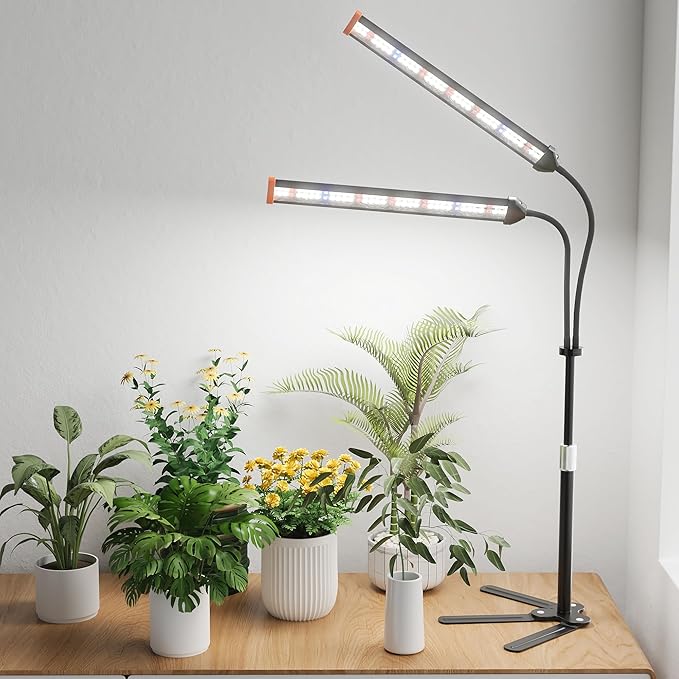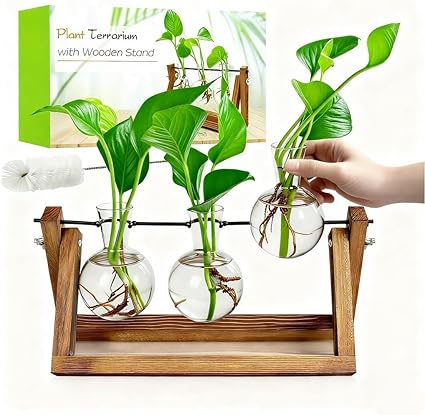You may be searching for calm in a world that still feels unsteady. As 2025 continues to unfold, many people like you are finding peace, balance, and purpose through the grounding power of nature. Among the most effective approaches gaining recognition is horticultural therapy, a field where the simple act of tending to a garden becomes a deeply therapeutic experience. Whether you’re recovering from stress, supporting your mental health, or exploring new paths of rehabilitation, the benefits of engaging with horticulture are real and measurable.
Horticultural therapy is helping people manage stress and support mental health by connecting them with nature. Through guided gardening activities, this therapeutic practice promotes relaxation, focus, and emotional healing offering a calming, restorative space during challenging times like those faced in 2025.
Backed by organizations like the American Horticultural Therapy Association (AHTA) and guided by trained horticultural therapists, this practice is more than just planting flowers it’s a structured and research-supported horticultural therapy program designed to heal and uplift. Through therapeutic horticulture, even the most novice gardener can find restoration, connection, and strength.

5000K Full Spectrum Growing Plant Lamp with White Red Blue LED for Pots Succulents Seed Starting,Height Adjustable 10-32” with Optional Dimming & Timer.
In this post, you’ll explore how horticultural therapy is being used across various settings in 2025, how the lessons of the pandemic continue to shape our connection with nature, and how the work of the AHTA and certified therapists is helping people just like you reclaim their calm one plant at a time.
Simple Ways to Practice Horticultural Therapy With Houseplant Joy

Reconnect With Nature in Your Living Space
You don’t need a large yard or an elaborate garden design to experience the restorative power of horticultural therapy. Even a single houseplant can open the door to deeper healing and mindful connection. As you begin to practice horticultural therapy, bringing intentional care and attention to your indoor plants can help manage daily stressors, lift your mood, and offer grounding in your everyday routine.
Start Small With Intentional Plant Care
Begin by choosing one or two plants and flowers that are easy to care for and suited to your indoor environment. Pay attention to the process of watering, pruning, and observing growth. This kind of mindful plant care improves cognitive abilities, supports task initiation, and encourages language skills and socialization key goals often addressed in vocational horticultural therapy settings.
Use Houseplants to Reduce Stress and Build Resilience
Studies show that using plants to create therapeutic gardens at home leads to measurable drops in cortisol, the hormone linked to stress and anxiety. The positive effect of nurturing greenery has helped many during the covid-19 pandemic, particularly those recovering from stress-related challenges or living with mental illness, including schizophrenia and post-traumatic stress disorder.
Make Houseplant Care a Meaningful Daily Habit
Whether you’re a backyard gardener or just starting out, the benefits of gardening are accessible indoors. Regular interaction with plants can improve memory, enhance physical activity, and support both mental and physical health. As you engage with your houseplants daily, you’re taking part in the use of horticulture as a healing modality a practice supported by professionals with a bachelor’s degree in horticulture therapy, such as HTs or HTRs.
The Deeper Impact of Gardening in Pandemic Times
Since the covid-19 outbreak, many have turned to gardening and nature to cope with isolation and uncertainty. This mirrors historical practices dating back to Benjamin Rush, a founder of American psychiatry, who recognized gardening’s role in healing people with mental disorders. The coronavirus pandemic only deepened our awareness of these mental health benefits, reinforcing the value of therapeutic benefits in natural environments especially for patients who worked with plants during recovery.

Plant Terrarium with Wooden Stand, Unique Gardening Birthday Gifts for Women Plants Lovers, Home Office Garden Decor Planter – 3 Bulb Glass Vases.
Looking Ahead With Confidence
By using horticultural therapy practices like mindful home gardening, you not only improve your health and wellbeing but also participate in a growing body of future research focused on the impact of gardening on long-term health outcomes. Some studies even suggest plants may help people live longer by supporting holistic wellness.
Conclusion
In a time when maintaining emotional balance and resilience feels more important than ever, horticultural therapy offers a powerful way to restore your sense of calm and connection. Through the simple joy of caring for a houseplant, you’re engaging in a practice that not only supports your mental and physical health, but also contributes to your long-term health and wellbeing. Whether you’re dealing with stress and anxiety, recovering from a mental illness, or simply looking to find peace in your daily life, the therapeutic benefits of gardening are both accessible and proven.
The practice of horticultural therapy, especially when brought indoors, makes healing more personal, more reflective, and more achievable. As we move through 2025, the tools and insights gained from the covid-19 pandemic continue to shape how we understand and embrace the use of horticulture as a meaningful part of life especially with the ongoing support of professionals, researchers, and institutions like the American Horticultural Therapy Association (AHTA).
Take the next step today. Start small. Pick up a houseplant, explore horticultural activities, and discover how using horticultural therapy in your own home can help you reclaim your calm one leaf, one breath, one moment at a time.

8″ Bypass Pruning Shears and 6.25″ Straight Garden Scissors, Premium Plant Shears, Garden Clippers Hand Tools for Cutting Flowers, Trimming Plants, Picking Fruits.
